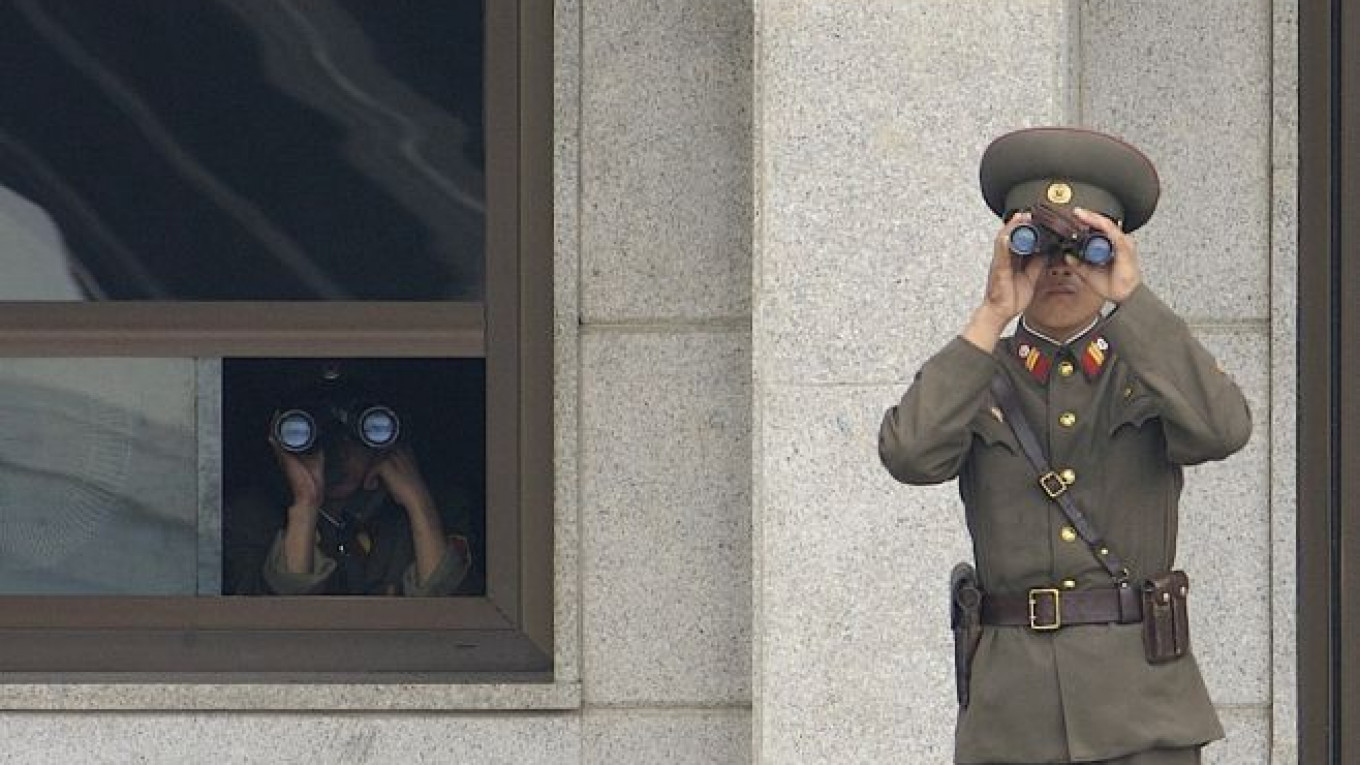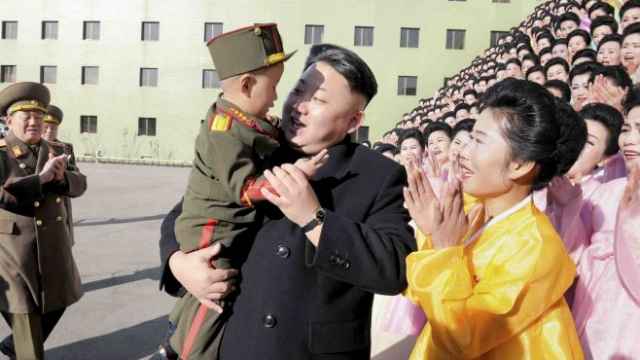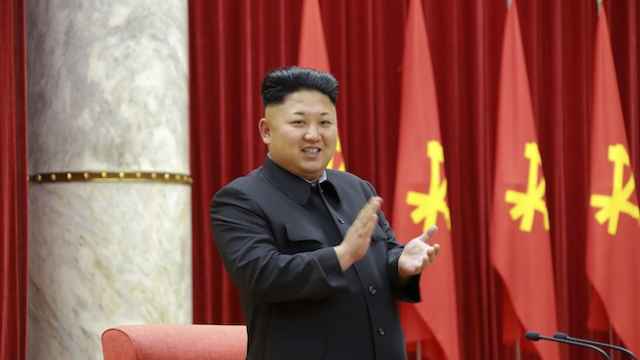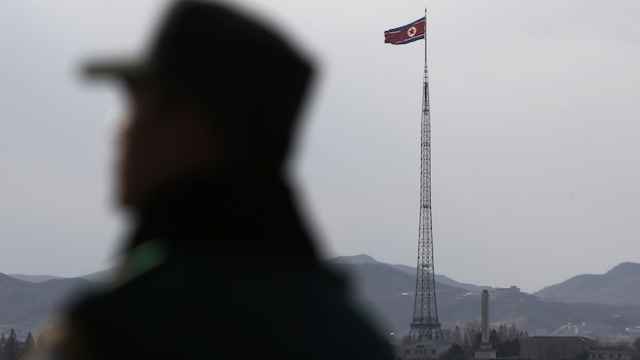A 17-year-old who says he is a street child from North Korea is seeking refugee status, maintaining he fled to Sweden through China and Russia.
The teenager, who uses the pseudonym Han Song to avoid reprisals by North Korean agents, fears Sweden will deport him to China because he has no documents.
Han says he was born in Songbuk County, a rural and sparsely populated corner of North Korea that juts into China, the border marked by the Tumen River.
When he was seven, his mother died of a stomach ailment. His father was later imprisoned for criticizing former leader Kim Jong Il, according to Han.
"I ran away from the village after that, and roamed around as a 'kotjebi'," he said.
Kotjebi is a word used in North Korea to describe homeless, orphaned children.
Like most kotjebi, Han said he had to beg for food, usually in groups with other homeless children who loitered on the fringes of markets, foraging for scraps.
Flight Across Continents
Then a wealthy trader, a former army colleague of his father, came to his help.
"He was warmhearted, caring and helpful. He was quite rich around his neighborhood because he was selling many daily commodities smuggled from China," Han said.
With his help, Han said he made a deal with an ethnic Korean in China, a broker who helped North Koreans seek refuge in a third country.
On a frosty March night in 2013, Han said he walked across the frozen Tumen river. A car on the other side took him to a safe house where he and a small group of other refugees hid for a few days before the broker took Han and some others towards Russia.
"The broker was always with me because I didn't know how to go about any of this (on my own)," Han said. "They made a fake document for me, I don't know if it was a fake passport or not."
In the Russian Far East, Han said the broker took him and his fellow refugees to a train on the trans-Siberian route. In a week-long journey through Russia, Han said he lay low in the cabin, eating bread provided by the broker.
The group split up at the Russia-Finland border and Han said he was hidden in the back of a truck, in a space between large boxes, and driven to Sweden.
"I didn't even know where Sweden was. The broker helped me get here," he said. Three weeks after he first left the North Korean borderlands, Han turned himself in to the Red Cross in Stockholm and asked for refugee status.
The Swedish Migration Board said Sprakab, a company it uses to conduct language tests and other methods to vet asylum seekers, could not conclusively point to Han's background.
Han has been asked to fill out applications seeking Chinese travel documents. If China does not confirm he is a Chinese citizen, and neither Han nor the Swedish authorities are able to prove his identity after a period of four years, he will probably be allowed to stay in Sweden on humanitarian grounds.
Han's supporters have started an online campaign to prevent his deportation, and have raised over 14,000 signatures on the petition.
Hundreds of people in isolated North Korea make a getaway from its persecution and poverty each year. The vast majority slip across the border into China and then make their way to South Korea, although some end up in other countries.
Access to North Korea is severely limited and it is impossible to verify the accounts of most of those who escape. One of the most prominent refugees, whose flight from a brutal prison camp was the subject of the bestselling book "Escape From Camp 14," has changed key parts of his story and apologized this week for misleading people.






